Women Mean Business: We are censored more than ever – Kalki Koechlin
The gender divide is fast dissipating in every sphere of business. There are several women business leaders today, leading from the front and inspiring an entire generation of young women to take up the mantle of leadership.
English Business News Channel BTVi - Business Television India has endeavoured to bring women thought leaders under one platform, celebrating their success stories, thereby motivating the millennial with their show, ‘Women Mean Business’. The second season of the show went on air on June 17, 2017 and airs every Saturday @ 8pm on the channel. The guests on the show this season will range from Media baron to Renowned Restaurateur, from award winning Gemologist and Jewellery Designer to Globally acclaimed artist.
Born to French parents in a small village in Pondicherry, Kalki Koechlin has had an interesting upbringing. Kalki’s parents, devotees of Sri Aurobindo, had come to India as hippies in the 1970s and settled there after they fell in love with India. Fluent in Tamil, English, French, and now in Hindi, Kalki impressed with her first film role – Chandramukhi (Chanda) in ‘Dev.D’ (2009). Since then she has won acclaim for her unconventional body of work. She is the recipient of a National Film Award, a Filmfare Award and two Screen Awards, among other accolades.
To watch full video click here.
How do you know you want to be a part of a script or a project?
There are many elements. There are times when I read the script and I like it in one go, and then there is also a fact whether I have played this character before, doing something that I haven’t done before. Am I challenging myself? Is this a film where I won’t get edited out? But yes, mainly it’s the script.
However, there is an exception. If it’s a really brilliant director like Dibakar or Anurag, I don’t even think about the script and just go for it. Sometimes there are some amazing directors you want to work with, but when it’s not that, then it’s the script.
You are hungry when it comes to diversity of genre. How does it actually workout on the ground?
I get both commercial and independent offers for films and I am lucky to get both. I am lucky in some way or the other to indulge in something very creative or get a bigger audience to watch me and so both are very important. I don’t want to be stereotyped. Even when it comes to commercial cinema, there’s a way to make the character more human even if it is a stereotyped character. There is a way to bring about a sense of understanding to the character and I try to do that as much as possible.
How do you describe a good director?
A good director is somebody who can be completely prepared for every accident. I always think that a director has to be a brilliant actor, because in a way the director has to manipulate the actor a little bit to get what they want from the actor. But at some times if it is obvious manipulation, the actor is going to sense it and back away. So, it has to be an empathetic understanding of where the actor is coming from and still say that this is what I want from you, while understanding who you are and what you bring as an actor.
Does gender bring in any kind of difference in the directorial style?
Of course, gender makes a huge difference. Your experiences of who you are as a person come out in cinema. So if you are a woman, you have different experiences just because of the world we live in that we are not equal in the way we are in the present society.
But it’s not necessarily feminine; I know women who direct in a muscular way and so it’s just that definitely is a part of who you are and you can’t deny it.
Which have been your most challenging roles?
Obviously ‘Margarita with a Straw’ was extremely tough and I was really worried about getting the authenticity of this character. Not just physical transformation, but what it feels like emotionally and mentally to be disabled all your life and also how the outside world looks at you, and so that was a huge challenge. Of course, I am really grateful to have gone through the process and learn so much from it. ‘A Death in the Gunj’ was challenging for me because it’s based in the 70’s and my character is a very put together, poised, slightly manipulative, sexy woman, and more like Aditi from ‘Yeh Jawani Hai Diwani’.
How do you really get into the skin of the character?
For ‘Margarita with a Straw’, just because of this huge physical transformation, I needed to practice and rehearse a lot. It is really important when you are bringing this kind of change in your body. The habits, the mannerisms have to look like they have been there all your life. Six months was the minimum that was required for me to get in the character. During this period I met people with disabilities everyday and worked towards adapting the sense of disability.
Where does theatre come into all of this?
Theatre is my first love. I studied Drama and Theatre in London for 3 years when I was 18 and that’s where my foundation started. I always go back to theatre because I love it and I get a lot from it. It helps me work on my body and my voice. It is like an actor’s gym, where you sharpen your tools. When you are on the sets you don’t really get time to rehearse, you just have to get it done. When you are off the set, working on your own or with other actors bouncing off each other, you really get to work, and theatre really provides that for me.
When it comes to writing, how often do you do it? And how does it keep you going?
Initially, I need some inspiration to fall on my lap. I just can’t look at a blank page and start writing, it’s very intimidating for me. I think that’s the art of a real writer – to be able to look at your blank page everyday and write something. I haven’t reached that stage yet. Once I have that one click in my mind and I have an idea, then I get down to it. I like making drafts and rewriting and also perform and do it out loud, which is why I do a lot of poetry slamming and poetry spoken word, because I enjoy being an actor in the process of writing.
Where did this writing, arts and creativity come from while growing up?
I grew up speaking Tamil and French and didn’t speak English till I was 5. When I went to the boarding school, my English was really weak. But I had this really beautiful teacher who sent me a whole lot of books in English that I had to read during my holidays when I was about 8 years old. That changed things in a huge way and my English became so strong after that. So I really have to thank my teacher for that. My mom has kept all my poems from when I was a little kid.
You have been using social media as a platform for expression. How precarious do you think that position is, because it puts you in direct interface with people?
Yes, social media is a funny and useful tool in today’s world because it cuts out the middleman; it allows people to put out their points of view, which sometimes result in fake news, trolling and many other stuff. I started using it as a platform for a lot of my alternative and creative work and to give my opinion on things that I care about. I don’t pay attention to the negative stuff, because if you start doing that, you get stuck in arguments with strangers who are more interested in provoking you. So, it is better to let your work speak for you on social media.
How do you feel when someone addresses you as an outspoken actor?
I actually take it as a compliment. It means that I am speaking my mind and that’s what we do as actors – we put our emotions and thoughts out for people to accept it and do whatever they to do with it.
Are you a person who follows news and developments very closely?
Sometimes. But I also go through bubbles during my shoots, where I get completely cut off from current news.
According to you, what have been some interesting influences in your character – right from a shy girl to an outspoken, talented Kalki Koechlin?
You don’t choose to be shy. According to me, everyone wants to be the centre of attention, funny, and entertaining, but are not always capable of doing that. Being a clown and acting funny was my way in school to cover up the fact that I was painfully shy, and even today in some interviews I use that goofballness to get over my shyness and the same thing I use on my dates. Basically, we live with these contradictions which make us humourous.
Are you a person who basically likes humour and does not have fear when it gets into the darker side as well?
I think life is dark because we are deaf; we all are going to die one day. We all come in the world alone and will die alone, yet we constantly create these permanents in our lives – whether it’s our relationships, our loved ones or the art that we do, we always want a blast and want to be immortal. So, that contradiction is dark and messed up, but on the other side it’s also funny if you can embrace the contradiction and that is the best way we can answer life. I am very fascinated by this and that’s why I did the ‘Living Room’, which is a dark comedy. I love those kinds of films.
Do you think Cinema in India is changing to being more comedy-oriented, giving new answers to the storytelling?
It’s hard to say, because while I might say that Cinema is changing, but at the same time if I talk to actors like Rajat Kapoor and Naseeruddin Shah, they would say, ‘No, it has always been the same’.
To watch full video click here.
Do you think there is enough freedom for expression when it comes to the landscape?
I think that we are in a place where we are censored more than ever. Although, we have social media to put things out there, but today out of many countries we are censored more.
What is your dream commercial role?
I want to do a rom-com. I would also love to do action films, where I can play a superhero role.
How do you navigate through the territory while selecting your movies?
The only ambition in my life is to be relevant, and the only way for this is to keep on learning.
Anything you are planning to do in order to keep yourself updated or self-improvisation?
I am constantly learning things. I have to learn a little bit of Portuguese and DJing for a role in a web series that I am doing called ‘Smoke’, where I am portraying a Portuguese-Goan DJ. Again, for fun I am learning to play the guitar right now. My experience of directing a play last year was the biggest learning that made me understand my directors much better. These days I am concentrating more on reading, because I feel like I need some inspiration.








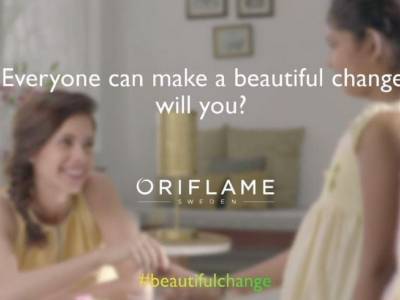
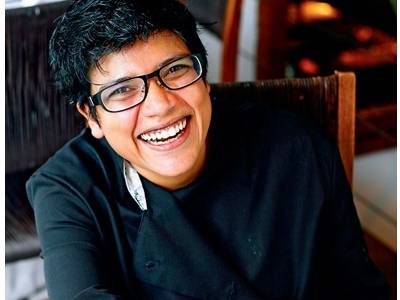


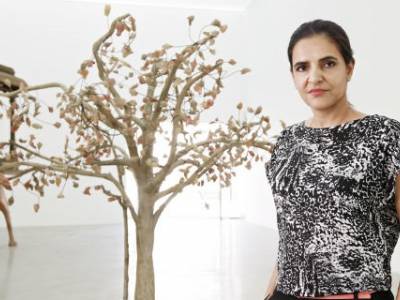
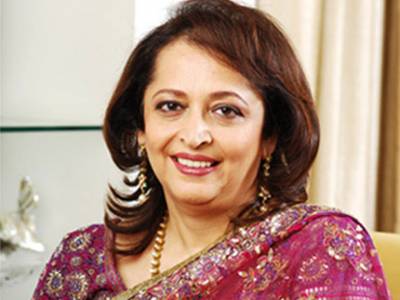
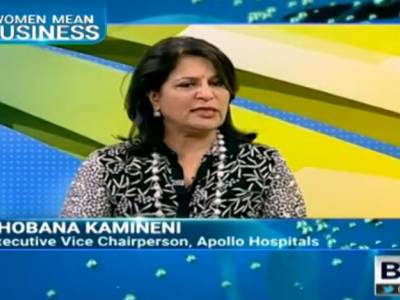
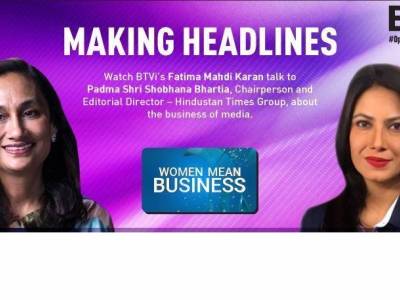
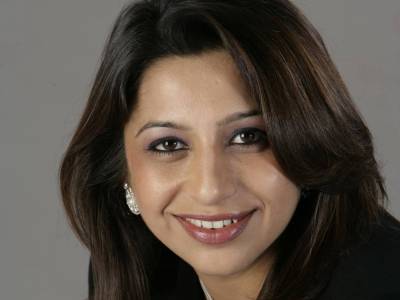



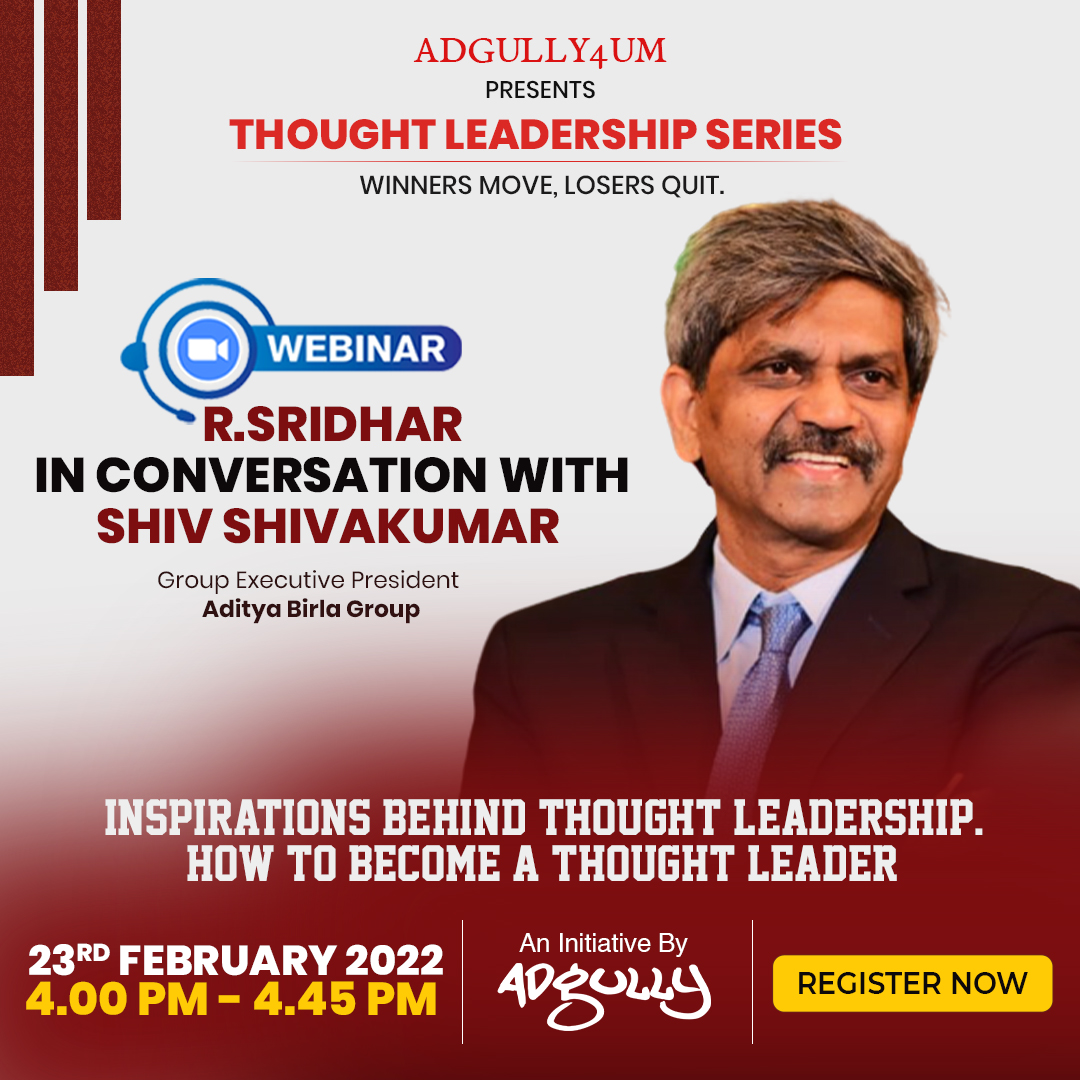
Share
Facebook
YouTube
Tweet
Twitter
LinkedIn